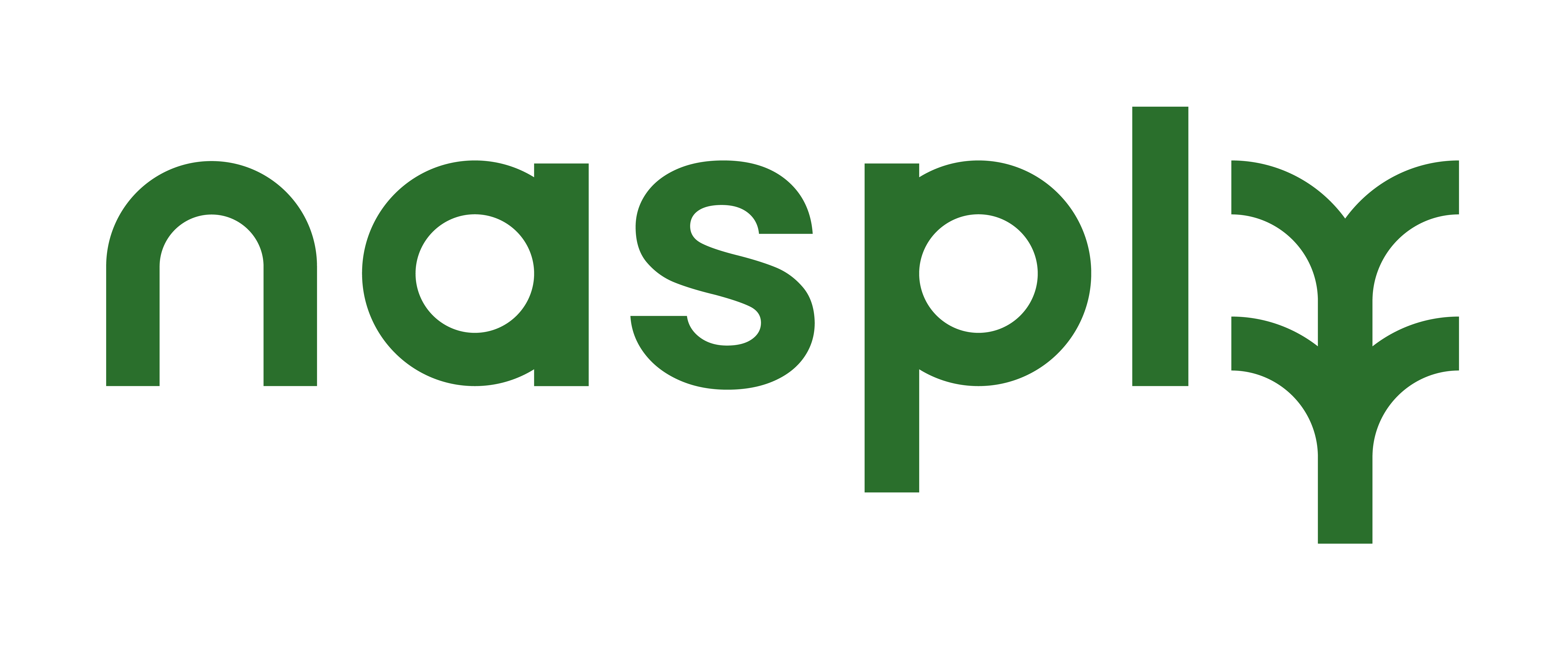About Us
More info about the project
NASPLY's general objective is to tackle the environmental and climate crisis, increase social inclusion, increase life-skills of marginalised youth and improve wellbeing through the holistic permaculture approach that focuses on building resilience in communities, answering to the needs of young people. We aim to use Social and Nature Permaculture as a theory for learning.
The term Permaculture comes from “permanent agriculture” (the design and creation of stable, long lasting and sustainable agricultural systems modelled from natural ecosystems) and permanent culture (the design of human habitats organically integrated in the natural ecosystems, which includes social aspects). Permaculture covers a wide field of knowledge and subjects, including ecological and regenerative design and engineering, integrated water resources management, environmental design and construction, agroforestry and sustainable farming, in general all the disciplines that relate to the creation of a sustainable human settlement, including economy and sociology.
Social permaculture focuses on the principles of permaculture design, extrapolated onto a societal level. It looks at creating resilient communities were people understand their worth in society, what their role is in proving this, how they can learn from nature to have a strong social ecosystem.
Objectives
1. Develop youth key competencies in social participation, care for the environment and green entrepreneurship skill, especially for youth with fewer opportunities, through the use of client-centred non-formal education focusing on social permaculture training and permaculture gardens.
2. Improve wellbeing and social inclusion of young people through contact with nature and using non-formal education as a mode for engagement.
3. Give young people the tools and enhance digital skills to use online platforms and social media for marketing
4. Develop knowledge and competencies for youth workers on regenerative social permaculture, nature permaculture and how to use permaculture gardens for life-skill development for youth, through a curriculum
5. Give youth workers the necessary tools through a toolkit with resources and a pedagogical strategy to create permaculture gardens with disadvantaged youth.
6. To create the possibility for youth and youth workers to continue with their professional development
7. Capacity build and disseminate youth work practices and knowledge, specifically with working with specific cohorts disadvantaged youth, between youth workers as well as with non-youth work organisations such as environmental NGOs.
Work Packages
Target groups
Direct target Groups
Young people 16-28 (early school leavers, NEETs, wih learning difficulties, from low-income and certain socio-iconomic background and/or young people facing discrimination); youth workers/educators working with disadvantaged youth
Indirect target Groups
Youth workers from various backgrounds and levels of expertise; wider audience (educators, Public Administrators, Decisionmakers & Policymakers, civil society representatives, practitioners working towards environmental sustainability and social inclusion, young community leaders)
on digital skills and development of these among young people, parents’ associations) and education centres, universities, youth organisations, ministries, local authorities, at a local, regional, national and European level.

